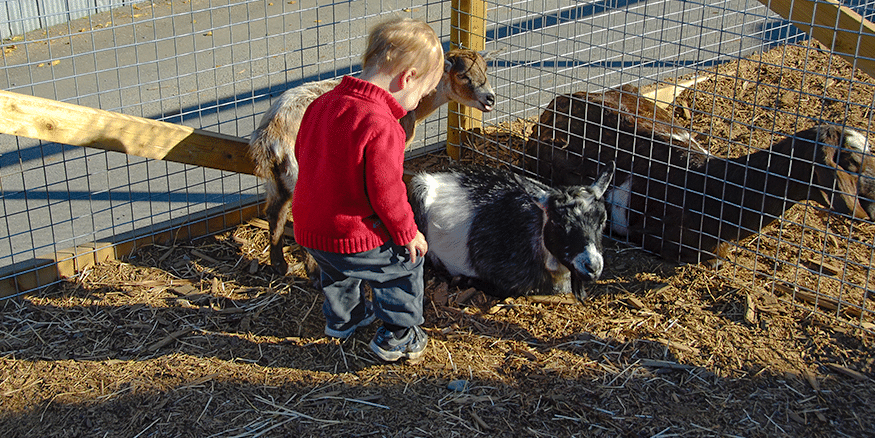
Animal Exposure Reduces the Risk of Developing IBD
Exposure to some microbes appears necessary for normal human growth, particularly throughout the first year of life, which seems to be the most significant period for immune system development.
The hygiene hypothesis arose about 18 years ago from observations that individuals who grew up in extremely clean or sterile environments tended to develop disease at a greater rate than those who lived in environments where various microbes (virus, bacteria, and parasites) challenged their immune systems.
Incidence of Crohn’s disease, for example, has been increasing in industrialized countries, with a marked increase in urban areas, suggesting an environmental link to this condition, and its potential connection to the hygiene hypothesis.
In a 2007 study testing this theory, researchers in Germany showed that regular contact with farm animals (cattle, pigs, sheep, or goats) during the first year of life appears to decrease the risk of subsequently developing juvenile inflammatory bowel disease (IBD). The study also looked at the effects of exposure to household pets (cats and dogs) on the immune system.1
Previous research demonstrated links between this lack of exposure and subsequent increased risk for developing hay fever, atopic asthma, and type 1 diabetes.2
This study conducted during 2006 and reported in the journal, Pediatrics, included 444 children with Crohn’s disease, 304 with ulcerative colitis and 1,481 control subjects who did not have either of these inflammatory bowel diseases. Children included were from 13 regions throughout Germany and were between 6 and 18 years of age. Parents provided information about their children by completing standardized questionnaires. In addition to the child’s animal contact, parents answered questions about things such as birth weight, daycare attendance, whether the children had any other medical conditions, if there was a family history of IBD, the number of older siblings in the home, and some details regarding early feeding methods.
After adjusting for potentially confounding factors, results showed a significant protective relationship between exposures to farm animals, cattle in particular, and a decreased risk of both Crohn’s disease and ulcerative colitis. This study also revealed a mild protective relationship between regular contact with cats and the development of either type of IBD.
The researchers note that their study did not include prenatal exposure to farm animals and suggest that this area needs further exploration.
More research into the hygiene hypothesis might lead to inflammatory bowel disease prevention-strategies and even potential treatment modalities.

